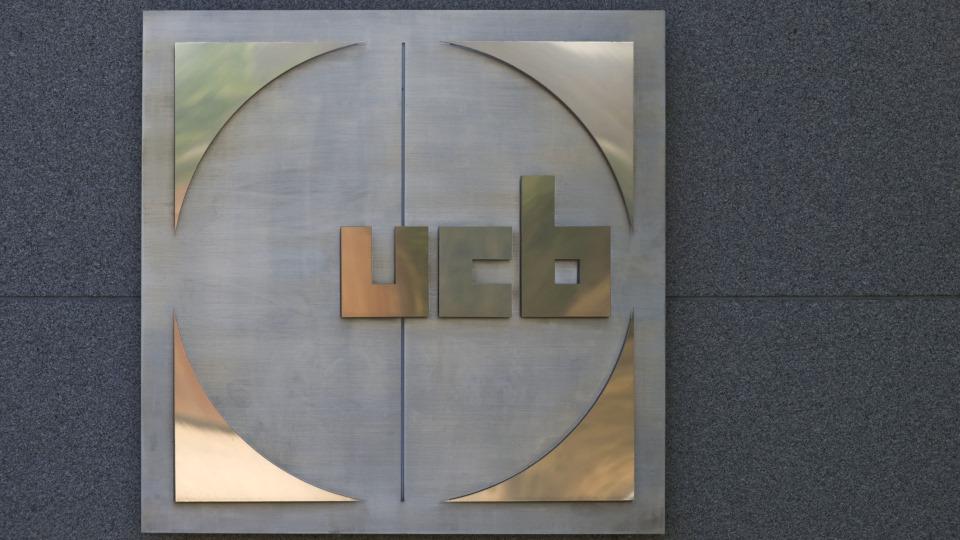Gedeon Richter gets NICE nod for uterine fibroids drug Ryeqo

Around 4,500 women in the UK will be eligible for treatment with Gedeon Richter's once-daily oral therapy Ryeqo, after NICE backed the GnRH antagonist to treat heavy menstrual bleeding associated with uterine fibroids.
Ryeqo (relugolix/estradiol/norethisterone acetate) – originally developed by Myovant – is the first drug in the class to be approved for NHS use in this indication, offering another option to treatment with injectable GnRH drugs used for women with moderate to severe symptoms.
Uterine fibroids are benign tumours that develop in the womb, causing debilitating symptoms including heavy bleeding, pain and abdominal bloating, and in severe cases can cause infertility.
Hormonal contraceptives and non-steroidal anti-inflammatory drugs (NSAIDs), are the first-line choices for less severe cases, and when symptoms are really severe some women may be offered injectable GnRH antagonists, surgery to remove the fibroids or even a hysterectomy.
Ryeqo was approved by the Medicines and Healthcare products Regulatory Agency (MHRA) last October based on results from the LIBERTY programme, consisting of two 24-week phase 3 clinical trials. The results showed that more than 71% of women treated with the drug responded to treatment, compared to 19% of those taking a placebo.
"Over a quarter of women of reproductive age develop uterine fibroids, a chronic condition that can cause debilitating symptoms and significantly impact quality of life," said David Jordan, medical director UK and Ireland, Gedeon Richter when the drug was approved.
"Currently in Great Britain, there are limited therapies available for use, and many women have to decide whether to undergo surgery to alleviate their symptoms," he added.
Relugolix plus the two hormonal drugs are also approved in the US as Myfembree for uterine fibroids, where the GnRH antagonist is also sold on its own as Orgovyx for prostate cancer.
Pfizer agreed a $4.2 billion collaboration to develop the drug in women's health and oncology in late 2020, sharing rights to relugolix products in North America, and taking exclusive rights in certain other markets.
Gedeon Richter acquired rights to the drug earlier that year in Europe, Russia and the Commonwealth of Independent States (CIS), Latin America, Australia, and New Zealand.
The drugmaker used to sell another therapy for uterine fibroids in Europe called Esmya (ulipristal acetate), but its marketing authorisation was revoked in 2020 after a safety review that followed reports of a possible link to liver cancer.
"Around 1 in 3 women can suffer from uterine fibroids at some point in their life – the symptoms can have a profound impact on women's health and lead to infertility if untreated," said UK Minister for Women's Health, Maria Caulfield, of the Ryeqo decision.
"This is another ground-breaking step forward to not only improve women's quality of life and reduce symptoms, but to give them greater choice in the medication available and options for alternative, less invasive treatment," she added.












